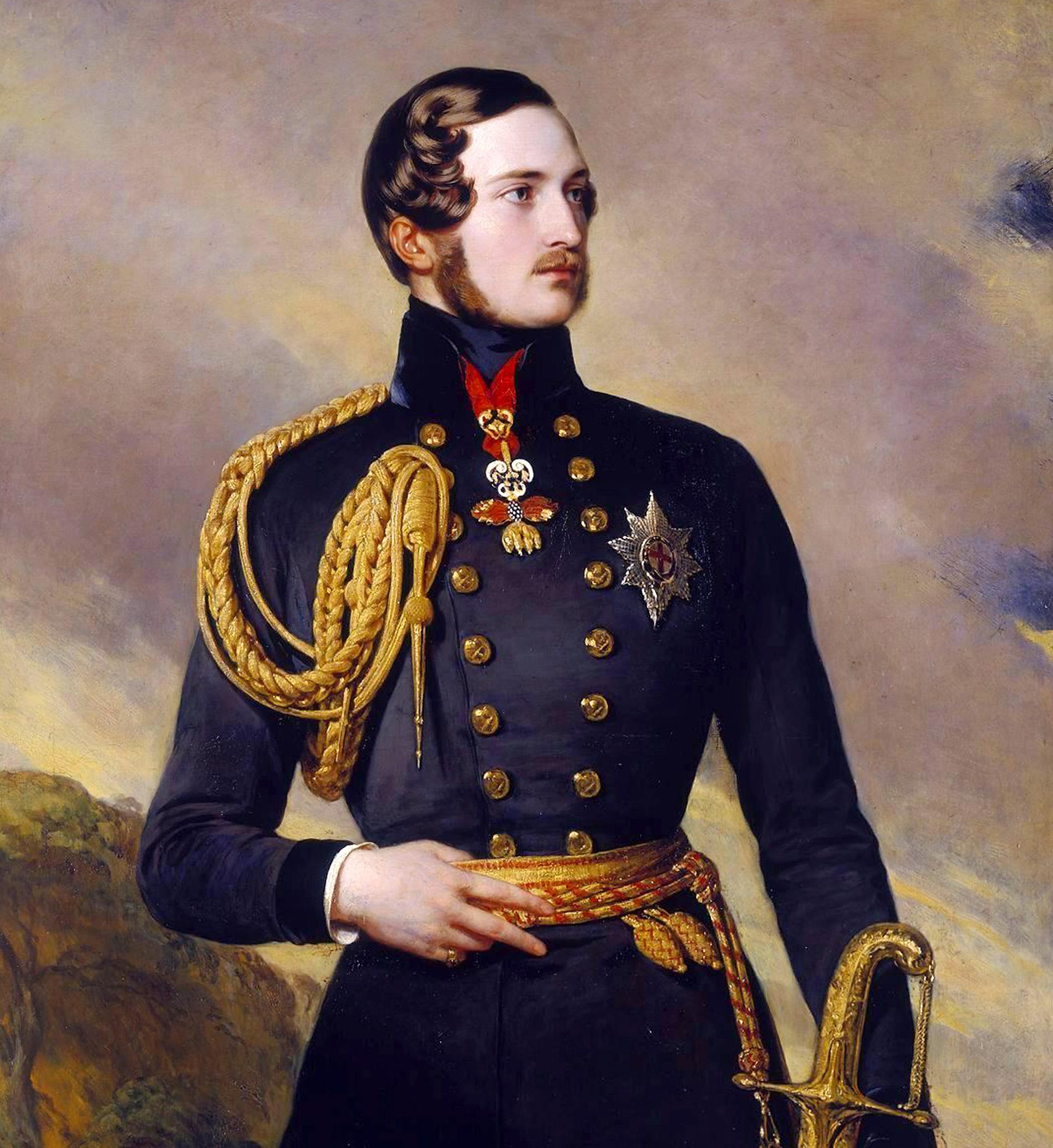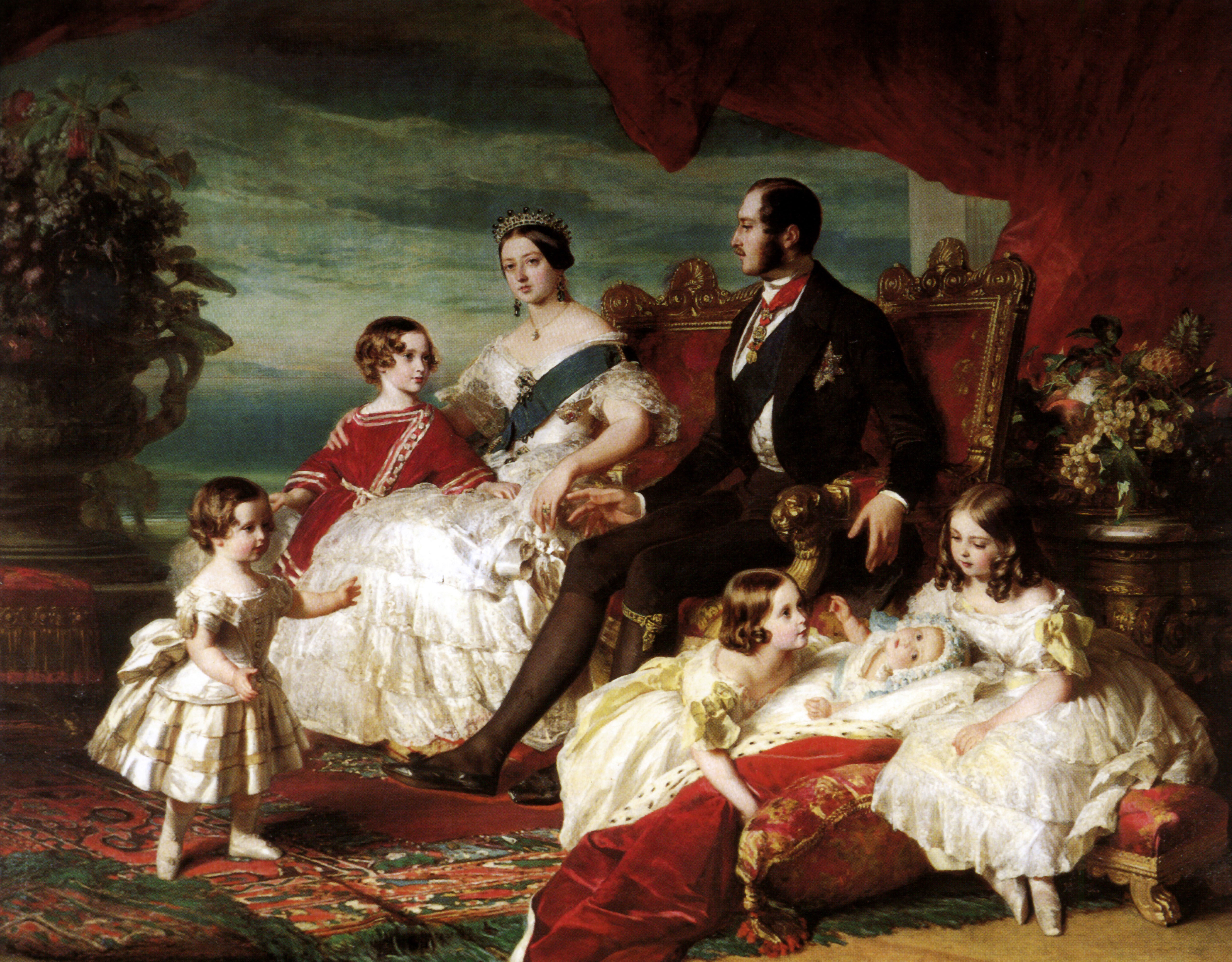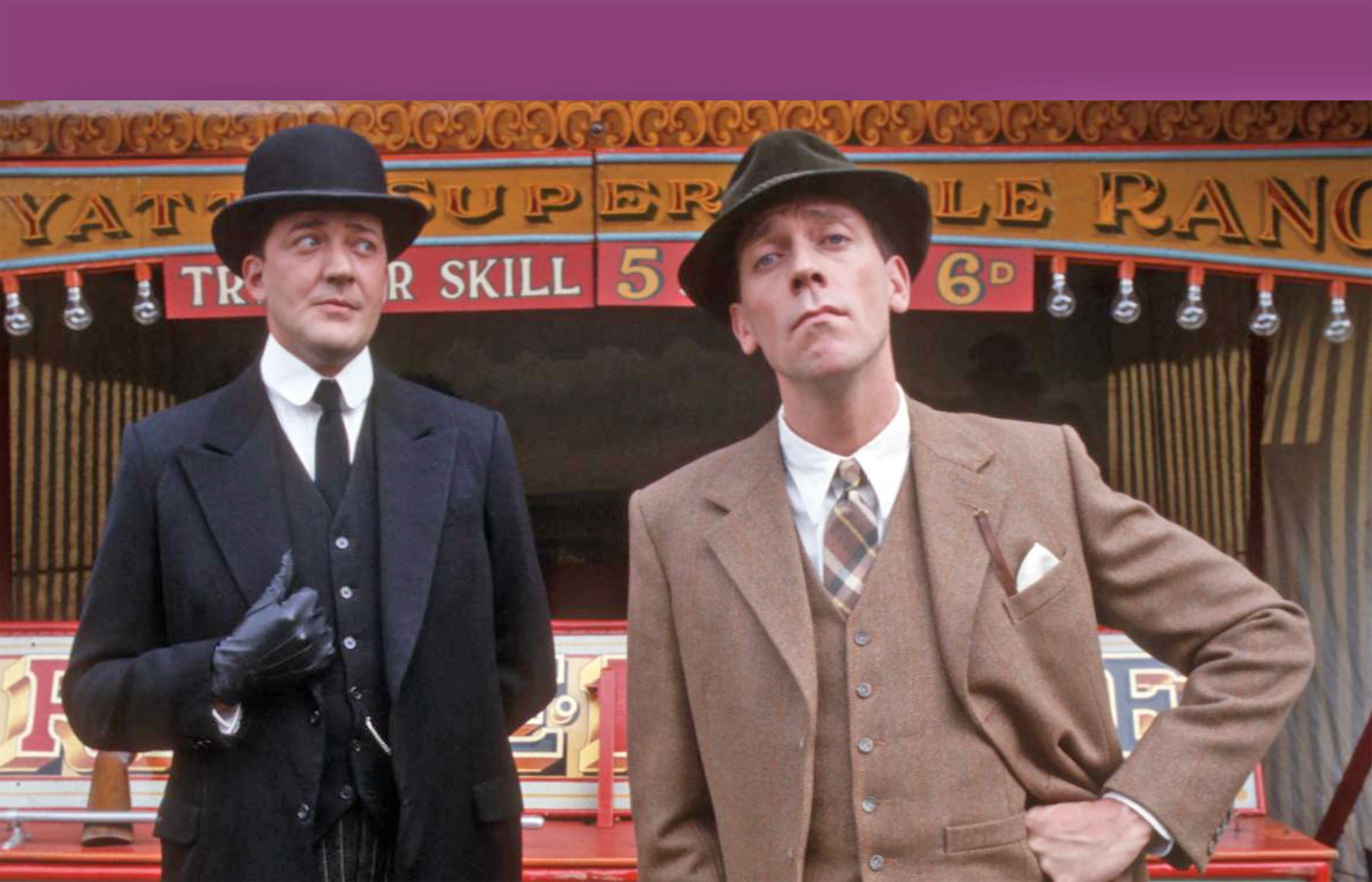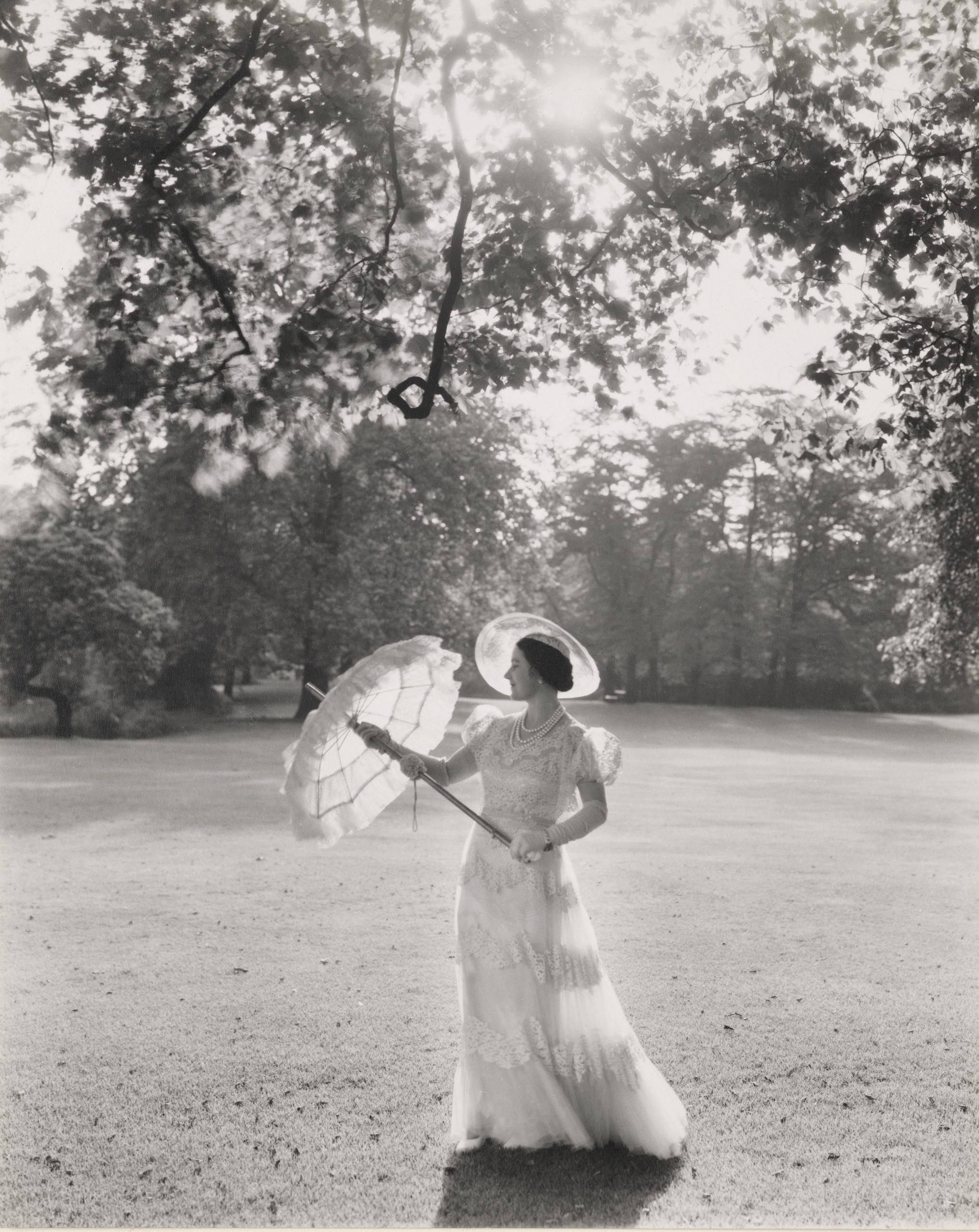A.N. Wilson's 'definitive biography' of Prince Albert, balanced, nuanced and challenging
Michael Hall commends the definitive biography of the man who did so much for Victorian Britain and transformed the image of the monarchy.

At the outset of his absorbingly readable and impressively succinct biography, A. N. Wilson makes large claims for Prince Albert – as an administrator, a well-informed amateur of art and science, a musician and designer, a father and founder of a dynasty. The idea that he ‘saved the monarchy’, as the book’s subtitle has it, is based on these undeniable qualities, whereby the crown in the mid 19th century gained a public-spirited image of bourgeois rectitude that it has, with only a few slips, managed to maintain to the present day.
There are two important caveats to this argument, both of which Mr Wilson acknowledges. The first is that the Prince did not work alone; the reform of the monarchy’s reputation depended equally, if not more, on his wife and a biography of Albert must, to some degree, also be one of Victoria. Here, Mr Wilson is helped by the fact that, in 2014, he published a substantial life of the Queen. The second caveat follows on from the first: admirable as the Prince was, he is seen at his worst in his relationship with his wife.
The great strength of this biography is that it so carefully balances generous appreciation of Albert’s public achievements with a nuanced assessment of his private failings. Although Victoria felt that ‘her angel’ outshone her in every way, to the modern reader, his virtues are eclipsed by the energy and warmth of her personality.
‘a civil servant in a coronet’
In comparison with the way she laid her heart bare in her letters and vivid, lively journal, Albert’s inner life is largely closed to us – he kept a diary, but it has been destroyed and the surviving snippets do not suggest that it was a revealing document.
Mr Wilson has, therefore, little evidence with which to challenge the perception of Albert as an aloof, emotionally repressed workaholic with almost no friends outside his family circle, who substituted a wry sense of the absurd for a sense of humour. Yet, although the epithet he chooses for Albert, ‘a civil servant in a coronet’, has a deadly ring to it, his analysis of the Prince’s public achievements – reforming the University of Cambridge (he was chancellor), reorganising the royal household, providing wise advice to his wife and her mini-sters and, above all, the triumph of the Great Exhibition and its legacy—makes it clear why someone as difficult to impress as the Duke of Wellington so greatly admired and liked him (the Duke hoped that the Prince would turn his reforming attentions to the army).

However, behind the image of marital harmony that Albert and Victoria so successfully projected, their domestic life was often angry and troubled. The main problem was that they functioned at completely different emotional temperatures. After one row, Albert referred to their relationship as ‘our ordinary state of cordiality’, but, as Mr Wilson writes, Victoria ‘did not want cordiality. She wanted ecstasy. She wanted an opera’. Yet Albert shied away from passion.
That had its advantages. There was never any likelihood that the Prince would take a mistress and his lack of interest in women leads Mr Wilson to float the idea that he was homosexual – if so, it seems unlikely that he ever recognised the fact. However, as is so clearly, and movingly, set out here, the fundamental reason for Albert’s appearance of emotional frigidity was the disaster of his parents’ marriage.
Sign up for the Country Life Newsletter
Exquisite houses, the beauty of Nature, and how to get the most from your life, straight to your inbox.
'The reforms that did so much to strengthen the monarchy were, to an underrated degree, a reaction to his own dysfunctional family'
When Albert was only five, his father, the Duke of Saxe-Coburg-Gotha, a notorious womaniser, threw his wife out on the grounds that she was suspected of having affairs. Albert never saw his mother again because she died of cancer only a few years later. This was not the only scandal that afflicted the young Prince’s life: in 1823, his father’s mistress, Pauline Panam, published muck-raking memoirs that were eagerly devoured all over Europe.
It is hardly surprising, therefore, that Albert grew up so emotionally guarded and apprehensive of scandal: the reforms that did so much to strengthen the monarchy were, to an underrated degree, a reaction to his own dysfunctional family.
He is a figure who deserves great admiration for rising above his background to create a life of such value to so many, even if – despite the thoughtful sympathy that Mr Wilson brings to his biography – the Prince never quite wins the reader’s love.
Prince Albert by A. N. Wilson, Atlantic Books, £25
-
 Designer's Room: A solid oak French kitchen that's been cleverly engineered to last
Designer's Room: A solid oak French kitchen that's been cleverly engineered to lastKitchen and joinery specialist Artichoke had several clever tricks to deal with the fact that natural wood expands and contracts.
By Amelia Thorpe
-
 Chocolate eggs, bunnies and the Resurrection: Country Life Quiz of the Day, April 18, 2025
Chocolate eggs, bunnies and the Resurrection: Country Life Quiz of the Day, April 18, 2025Friday's quiz is an Easter special.
By James Fisher
-
 The five minute guide to 'The Great Gatsby', a century on from its publication
The five minute guide to 'The Great Gatsby', a century on from its publication'The Great Gatsby' sold poorly the year it was published, but, in the following century, it went on to become a cornerstone of world literature.
By Carla Passino
-
 Love, sex and death: Our near-universal obsession with the rose
Love, sex and death: Our near-universal obsession with the roseNo flower is more entwined with myth, religion, politics and the human form than the humble rose — and now there's a new coffee table book celebrating them in all of their glory.
By Amy de la Haye
-
 When London was beginning to establish itself as modern cultural powerhouse: The 1980s according to David Bailey
When London was beginning to establish itself as modern cultural powerhouse: The 1980s according to David BaileyIn his new book ‘Eighties Bailey’, ‘era-defining’ photographer David Bailey explores a time when London and the UK were at the centre of the fashion, art and publishing worlds.
By Richard MacKichan
-
 The life and times of P. G. Wodehouse, 50 years on from his death
The life and times of P. G. Wodehouse, 50 years on from his deathBertie Wooster, Jeeves, Lord Emsworth and the Blandings Castle set: P. G. Wodehouse’s creations made him one of the most widely read humorists of the 20th century, but he was denounced as a traitor and a Nazi.
By Roderick Easdale
-
 The story of how 007 creator Ian Fleming came to write Chitty-Chitty-Bang-Bang
The story of how 007 creator Ian Fleming came to write Chitty-Chitty-Bang-BangChitty-Chitty-Bang-Bang, our fine four-fendered friend, turns 60 on October 22nd. Mary Miers relives the adventures of the magical flying car and reveals the little-known story of its creation by Ian Fleming, as the writer turned his attention from the world of 007 to a children's tale.
By Mary Miers
-
 You rang, your majesty? What it was like to be a servant in the Royal Household
You rang, your majesty? What it was like to be a servant in the Royal HouseholdTending the royal bottom might be considered one of the worst jobs in history, but a life in elite domestic service offered many opportunities for self-advancement, finds Susan Jenkins.
By Country Life
-
 A century of Royal Photography is going on show at Buckingham Palace, from Cecil Beaton to Annie Leibovitz
A century of Royal Photography is going on show at Buckingham Palace, from Cecil Beaton to Annie LeibovitzThe Royal Collection Trust's summer exhibition at Buckingham Palace brings together some of the most wonderful royal portraits ever taken. Jack Watkins takes a look.
By Jack Watkins
-
 Christmas gifts for children that don't need screens or take batteries
Christmas gifts for children that don't need screens or take batteriesDon't just pick up the latest plastic toys with lights and noises – take a look at these gifts which kids will love just as much as you do.
By Country Life